Want to add a hotel stay or change your flights?
Just call our team of cruise specialists to help build your dream cruise holiday today!
Prices based on 2 people sharing. Cruise only price does not include flights. Fly-cruise price may vary by chosen UK airport.
(Prices correct as of today’s date, are updated daily, are subject to change and represent genuine availability at time of update).
Cruise only holidays are financially protected by ABTA. Fly cruise holidays are financially protected by Seabourn under ATOL number 6294
Please click here to check the essential travel requirements before booking this cruise.
Itinerary
Miami, Florida
Miami is one of the world’s most popular holiday spots. It has so much to offer; from its countless beach areas, to culture and museums, from spa and shopping days out, to endless cuban restaurants and cafes. Miami is a multicultural city that has something to offer to everyone.
Miami, Florida
At Sea
At Sea
At Sea
Bonaire
Curaçao
At Sea
Cartagena
At Sea
Fuerte Amador
Fuerte Amador
At Sea
Puntarenas
At Sea
Puerto Chiapas
At Sea
At Sea
Puerto Vallarta
At Sea
At Sea
At Sea
At Sea
At Sea
At Sea
At Sea
At Sea
Honolulu, Hawaii
Honolulu, Hawaii
Lihue, Kauai Island, Hawaii
At Sea
At Sea
At Sea
At Sea
At Sea
At Sea
At Sea
At Sea
At Sea
Tokyo
At Sea
Osaka
Kochi
At Sea
At Sea
Keelung (Chilung)
At Sea
Hong Kong
What's Included with
Seabourn
Entertainment
Return flights included (UK airports)
WiFi
24-hour room service
Shuttle service to and from ports and airport where available
In-suite mini bar replenished daily
Almost 1:1 staff to guest ratio
In-suite bar replenished with your preferences
Personal Suite Stewardess
Complimentary laundry where applicable
Marina and complimentary watersports, Caviar in the Surf beach barbeques
Gratuities are neither required, nor expected
Seabourn Conversations with visionary experts
Selected wines and spirits on-board
Luxurious, all-suite accommodation
Explore Seabourn Encore




The Restaurant
Before Seabourn, open-seating dining on a cruise ship was unheard of. Come when you like, with whom you please, and be seated as you wish. The room is beautiful, the cuisine is exquisite, and the service is simultaneously flawless, friendly and fun.




Shore Experiences By Seabourn
Our guests travel with us because they want to see, hear, learn and discover new places and experiences. To ensure that our guests have memorable and enriching experiences in the over 450 ports of call we offer annually, we contract the best local agents to create and operate some 12,000 carefully curated shore experiences, offering our guests a range of choices in duration, content and the type of activity involved to fully satisfy their wishes. To assist our guests in choosing among these numerous excursion options, we are categorizing our overall Shore Experiences by Seabourn into seven ‘Collections,’ according to the general interests they are designed to captivate.
The Cultural Collection
The Cultural Collection explores the arts, ideas and legacy of places, including access to UNESCO World Heritage sites around the world.
The Bespoke Collection
The Bespoke Collection affords guests opportunities to customize their shore experiences by arranging private cars and drivers, guides, yachts, reservations and other services in ports of call
The Adventure Collection
The Adventure Collection is an array of excursions offering guests active and participatory experiences in ports, including Ventures by Seabourn™ and expedition excursions on our Expedition ships.
The Mindful Living Collection
The Mindful Living Collection consists of guided shoreside experiences in Mindful Living, designed in partnership with world-renowned integrative medicine pioneer.
The Epicurean Collection
The Epicurean Collection invites guests to explore the unique flavors of a destination by indulging their passion for tasting both traditional and contemporary foods and drinks.
The Essential Collection
The Essential Collection offers shorter-duration introductory experiences such as guided walking tours, allowing guests with general interest to learn the highlights about a port.
The Journeys Collection
The Journeys Collection offers escorted pre-, post- and mid-cruise overland experiences of two to 13 days, exploring iconic landmarks impossible to visit during a scheduled port call.










Sun Terrace
Slow things down and soak up the sun as you relax on a luxurious lounger.


Spa & Wellness
Seabourn’s spas offer a wide spectrum of massages, facials, and beauty treatments, blending traditional practices from around the world with the most up-to-date techniques. Seabourn’s spas are suitable for guests wishing to maintain a personal fitness regime or discover a new one. A well-equipped ocean-view gym and Motion Studio is staffed by professional fitness trainers, and a full-service salon for men and women complement the spas.
SPA AND FITNESS SERVICES INCLUDE*
- Skilled therapists offer a full range of body and facial services including massage, detox, cleansing and wrap therapies and more
- Full-service salon for men and women
- Fitness Director to create your ideal regime
- Fitness centers with ocean views, offering state-of-the-art fitness equipment
- Motion Studio offering yoga and meditation, Crystal Sound bath, TRX and stretch classes, and more
- Personalized spa services are also offered in a dedicated Spa Cabana at The Retreat, our serene enclave atop Seabourn Encore and Seabourn Ovation, available by reservation
- Unique to Seabourn Venture and Seabourn Pursuit: Glass-walled saunas with expansive ocean views
Deck 12

- Sun Terrace
- The Retreat
Deck 11

- Observation Bar
- Veranda Suite (x1 Accessible room)
- Penthouse Spa Suite (x1 Accessible room)
- Penthouse Suite
Deck 10

- Bridge
- Sky Bar
- Treatment Rooms
- Salin
- Spa & Wellness Area
- Thermal Area
- Motion Studio
- Fitness Centre
- Penthouse Suite
- Veranda Suite
- Owner's Suite (x1 Accessible room)
Deck 9

- Whirlpools
- Pool
- The Patio
- Patio Bar
- The Colonnade
- Owner's Suite
- Veranda Suite
Deck 8

- Sushi
- Card Room
- The Grill by Thomas Keller
- Wintergarden Suite
- Signature Suite
- Owner's Suite
- Veranda Suite
Deck 7

- Whirlpool
- Meeting Rooms
- Shops
- Coffee Bar
- Seabourn Square
- Owner's Suite
- Veranda Suite
Deck 6

- Grand Salon
- Veranda Suites (x2 Accessible room)
Deck 5

- Casino
- The Club
- Club Bar
- Pool
- Whirlpools
- Veranda Suites (x1 Accessible room)
Deck 4

- Medical Facility
- The Restaurant
- Galley
Deck 3

- Marina
Seabourn Encore Cabins & Suites









Grand Wintergarden Suite
Meet Our Luxury Cruise Concierge
Our luxury cruise concierge have been on board a vast array of the finest ships at sea and are always happy to share their first-hand experiences to help curate your dream ultra-luxury voyage. From advising you on the best cruise lines and ships to helping you select from a variety of phenomenal destinations and itineraries, your dedicated concierge is on hand to ensure booking your next cruise is as seamless, smooth and tailored to you as possible.








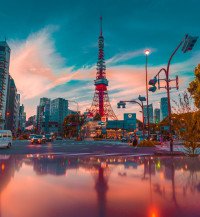
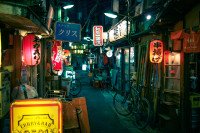
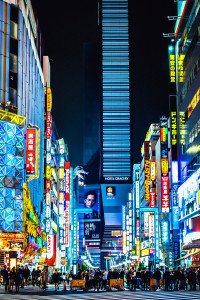








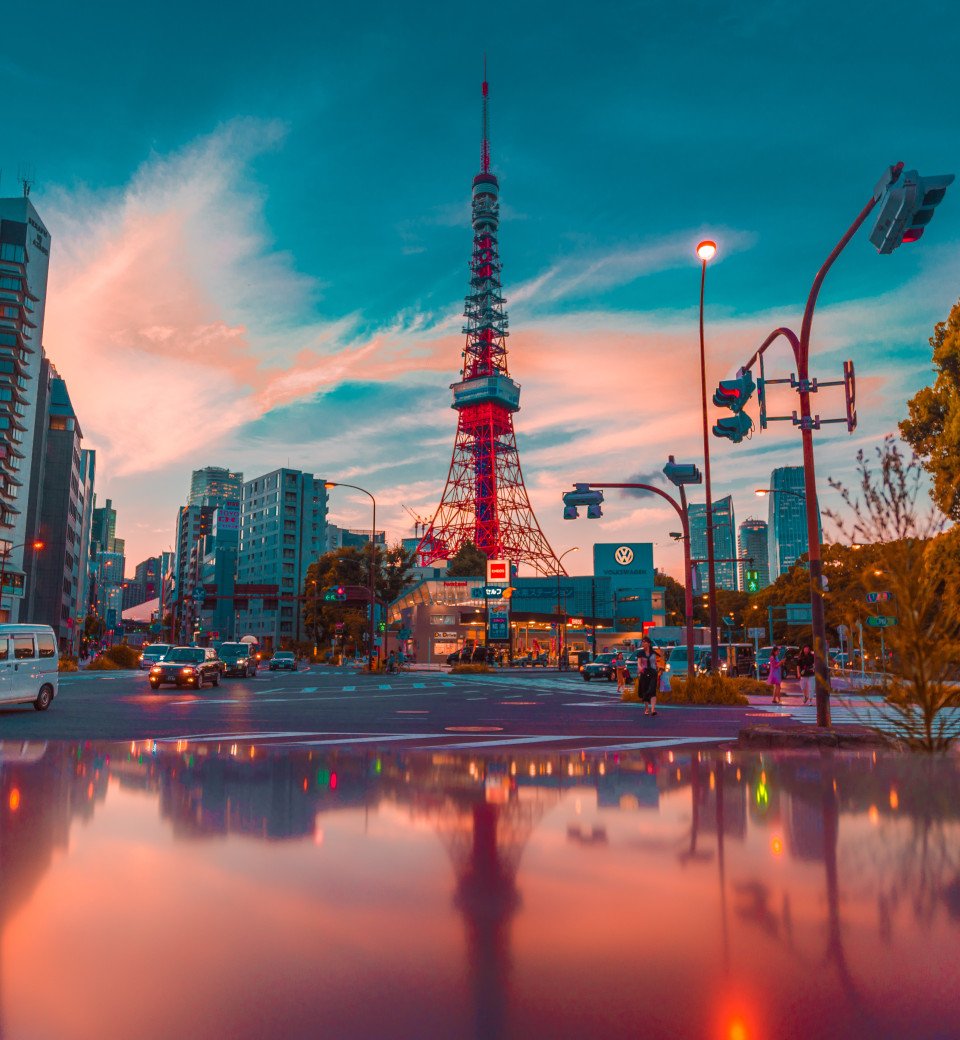
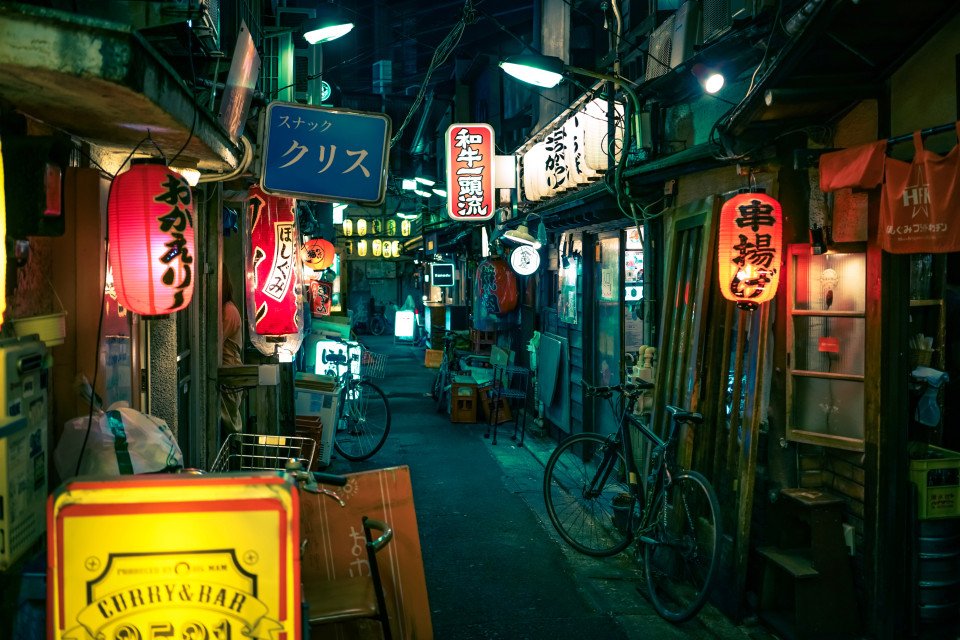
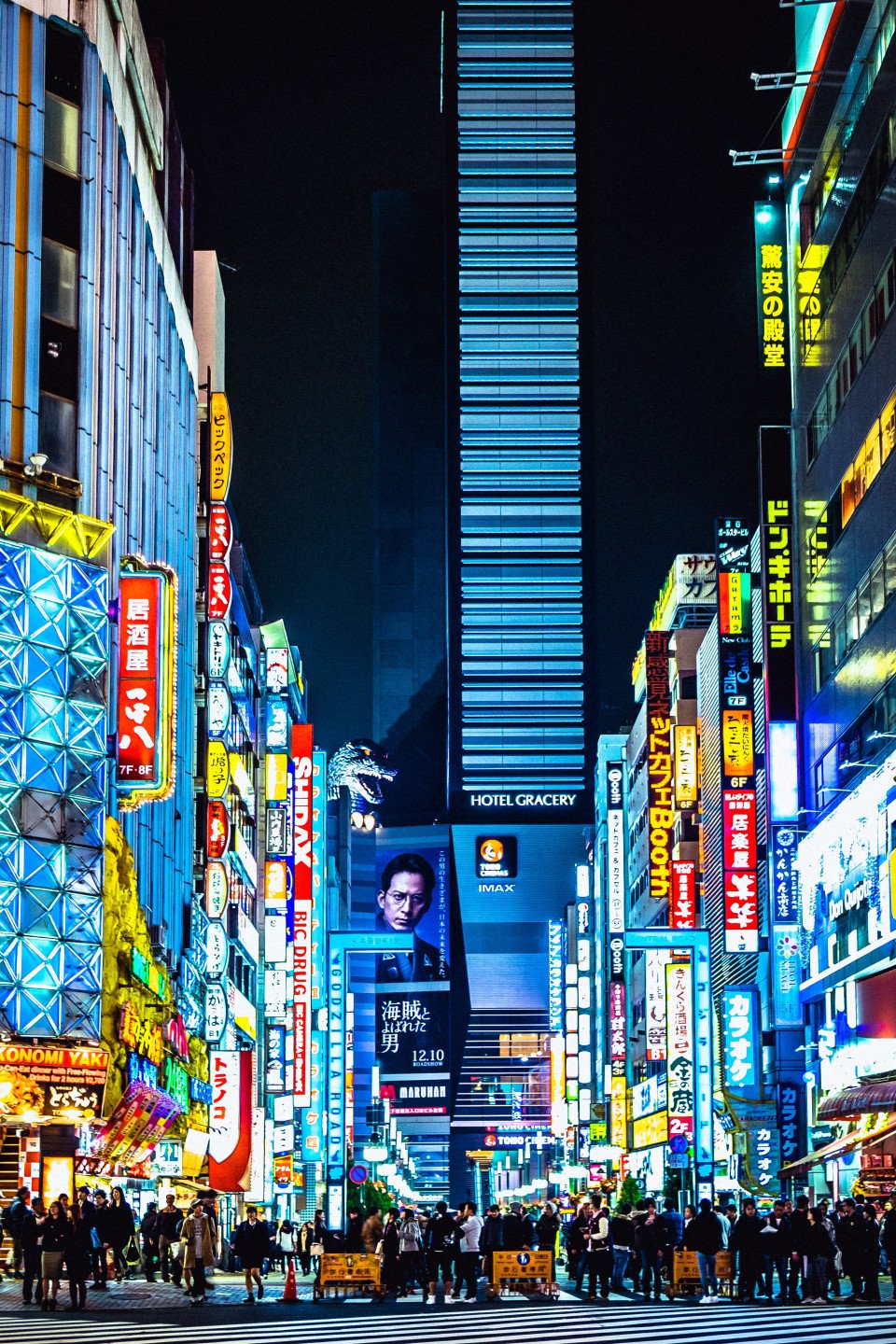


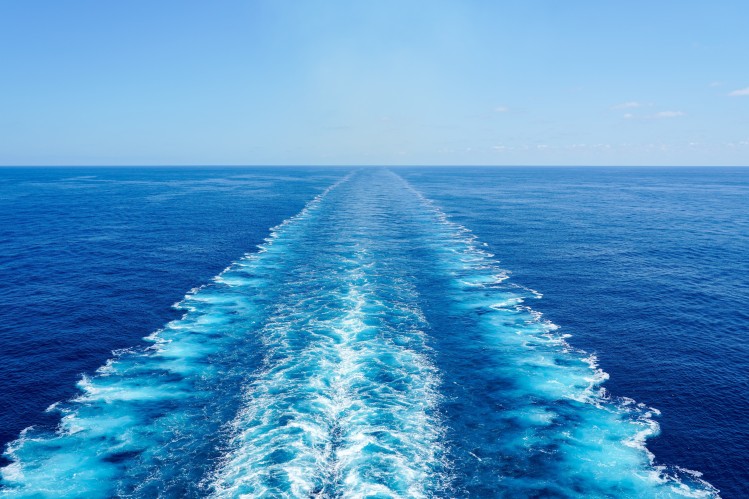












-large_thumb.jpg)





-large_thumb.jpg)